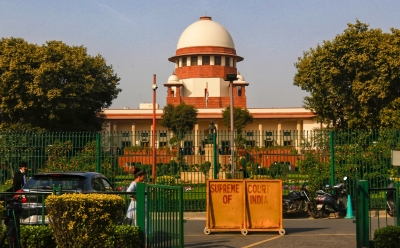New Delhi: The Supreme Court on Monday quashed the remission orders passed by the Gujarat government setting free 11 convicts in a case of gang-rape of Bano and murder of her family members committed during the 2002 post-Godhra riots.
“We hold that the State of Gujarat had no jurisdiction to entertain the application for remissions or pass the orders of remission in favour of respondents (convicts) as it was not ‘appropriate government’ within the Section 432 (7) of Code of Criminal Procedure (CrPC),” held a bench of Justices B.V. Nagarathna and Ujjal Bhuyan.
More details are awaited as the top court is still pronouncing its verdict in the case.
The Supreme Court held that the petition filed by 2002 Gujarat riots victim Bilkis Bano against the premature release of 11 persons convicted of her gang-rape and murder of her family members is maintainable.
Justice B.V. Nagarathna-led bench said, “On the point of maintenance of the petition filed by the petitioner (Bilkis Bano) under Article 32 of the Constitution, we have held — it is clearly maintainable.”
The bench, also comprising Justice Ujjal Bhuyan, said that it is not necessary for the apex court to decide the question of maintainability of the PILs filed against the Gujarat government’s decision to prematurely release 11 convicts under the state’s remission policy on August 15, 2022.
“We do not think it necessary to answer the point regarding maintainability of PILs in this case…..Therefore, the question regarding maintainability of PIL challenging orders of remission is kept open to be considered in any other appropriate case,” the top court held.
During the hearing, the Centre, Gujarat government, and convicts had opposed the PILs filed by CPI(M) leader Subhashini Ali, Trinamool Congress leader Mahua Moitra, the National Federation of Indian Women, Asma Shafique Shaikh and others against the remission orders, saying that once victim herself has approached the court, others may not be allowed to intervene in a criminal matter.
–IANS


Comments are closed.